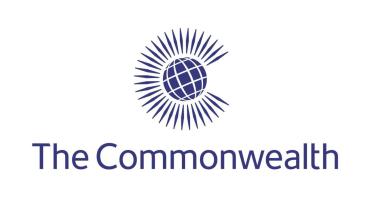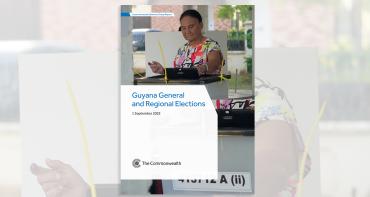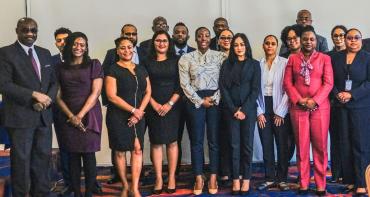Social media is transforming the way elections are conducted, with candidates exchanging doorstep campaigning for new battlegrounds on Facebook, Whatsapp and Twitter to sway voters.

Social media is transforming the way elections are conducted, with candidates exchanging doorstep campaigning for new battlegrounds on Facebook, Whatsapp and Twitter to sway voters.
Election bodies need to keep pace with the technological revolution if they are going to ensure elections are free from fraud, that voters are well informed, and the result reflects the will of the people. This is the conclusion of new guidelines issued by the Commonwealth.
Commonwealth Secretary-General Patricia Scotland described the guidelines as “practical tools for deepening democratic practice” which should be of benefit to all countries around the globe, at a launch ceremony at Marlborough House, the headquarters of the Commonwealth.

The guidelines on social media call for election bodies to create new strategies and codes of conduct for polling officials to communicate to the public and avert false information and hate speech spreading online.
Produced by the Commonwealth Electoral Network with support from the Commonwealth Secretariat, the guidelines draw upon the expertise and experiences of election commissions from Africa, Asia, the Caribbean and Americas, Europe and the Pacific.
Secretary-General Scotland said: “The Commonwealth Electoral Network promotes good practice in managing elections, facilitates peer-to-peer exchanges of experience, and has created a true sense of community among election management bodies.”
Commenting on the launch, Dr Samuel Azu'u Fonkam, Chairman of Elections Cameroon, who is chairing the Commonwealth Electoral Network’s steering committee meeting this week, described the guidelines as “one of the flagship projects of our network”.
“The publications just launched are proof that working together, with the unfailing support of the Commonwealth Secretariat, only the sky is our limit,” he said, adding his “profound indebtedness” to the Secretary-General for hosting the launch event.
Praising the release of the guidelines, Prof S. Ratnajeevan H. Hoole, a member of the Election Commission of Sri Lanka, said he was glad to read the guidelines on voter registration and the independence of election management bodies.
Prof Hoole said, “As old hands at elections, celebrating 85 years of universal adult suffrage in Sri Lanka, I was skeptical of what we can learn. How wrong of me! There is much to learn from each other. I go away knowing that the sharing of best Commonwealth practices is ever so important.”
The compendium was first announced at the Commonwealth Electoral Network’s Biennial Conference in Trinidad and Tobago in June 2016, hosted by Mark Ramkerrysingh, the Chair of the network. “Elections by themselves are not sufficient to constitute a truly representative democracy, but there can be no representative democracy without elections,” he said.
Craig Jenness, Director of Electoral Assistance at the United Nations, commented: "This compendium is a valuable resource for understanding the contemporary challenges facing election management bodies, and provides insights into what constitutes good electoral practice. Drawing upon the expertise of so many diverse countries, it is a publication which will be of value to professionals both in Commonwealth countries and around the world.”



